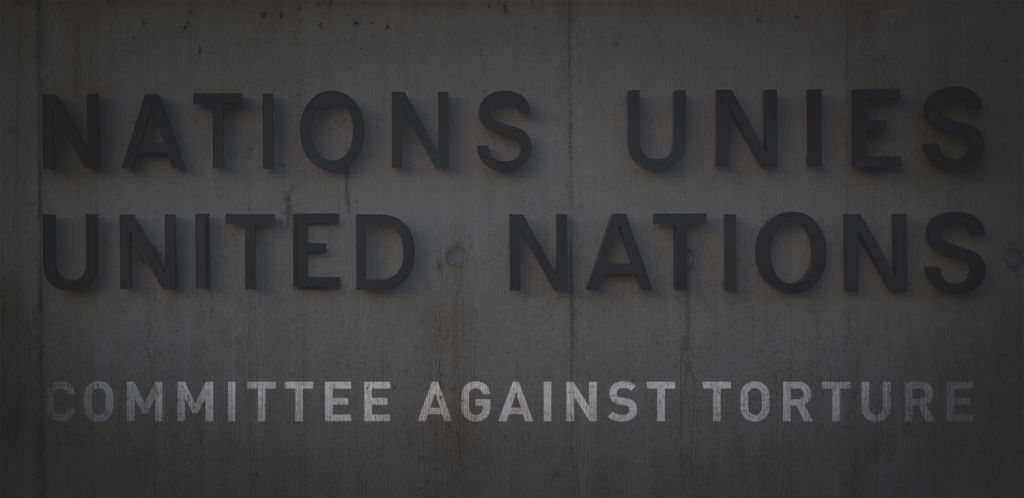(Check against delivery)
Nearly a quarter of all UN Member States have been highlighted in the Secretary General’s report, illustrating current efforts to address reprisals are not sufficient.
Furthermore, reprisals highlighted in the report only represent a fraction of the total attacks against individuals and groups that occur as a result of human rights-related work. Tackling reprisals for cooperation with the UN is a start, but our target must always be to end all types of reprisals that occur on human rights grounds.
We agree with the report’s assessment outlining some of the negative trends.
We have documented cases of self-censorship when it comes to engagement with the United Nations. For example, in Russia, a climate of fear is propagated through a variety of state-controlled tools and policies, including the misuse of anti-extremist and anti-terrorist legislation and the stigmatisation of human rights organisations that receive foreign funding. Russian human rights defenders in some contexts urge no international attention to their issues or no direct references to the national human rights organisations – fearing retaliation. Others have told us they would be concerned about the repercussions of speaking at a Human Rights Council side event, for instance, and have therefore decided not to do so.
We also continue to highlight more direct barriers that states use to block access to the United Nations, including in Azerbaijan with its use of foreign travel bans. We continue to highlight the unjust long-term travel bans on Intigam Aliyev and Khadija Ismail.
The report also provides good examples of best practice in combatting reprisals. In particular, we would like to highlight the importance of states creating strong legal frameworks that make the participation of civil society a national priority.
Systematic and meaningful dialogues between independent civil society and governments on the implementation of human rights obligations, including tackling and preventing reprisals should be seen as a minimum step taken by all states.
The report notes that “Membership in the United Nations entails obligations and responsibilities, and (that) States should live up to their commitments”. Would the Assistant Secretary-General agree that Membership of the Human Rights Council requires additional obligations and responsibilities and that a state’s record on addressing reprisals should be an essential element in assessing potential candidates for membership?
In the context of the Secretary General’s report, we urge Poland to clarify its inclusion in the report, specifically the reprisals against its Commissioner on Human Rights, given it takes part in a competitive election in the Eastern European Group.
Finally, we also use this opportunity to call on Members of the Human Rights Council to pass by consensus a strong resolution on reprisals, due to be tabled this session.





